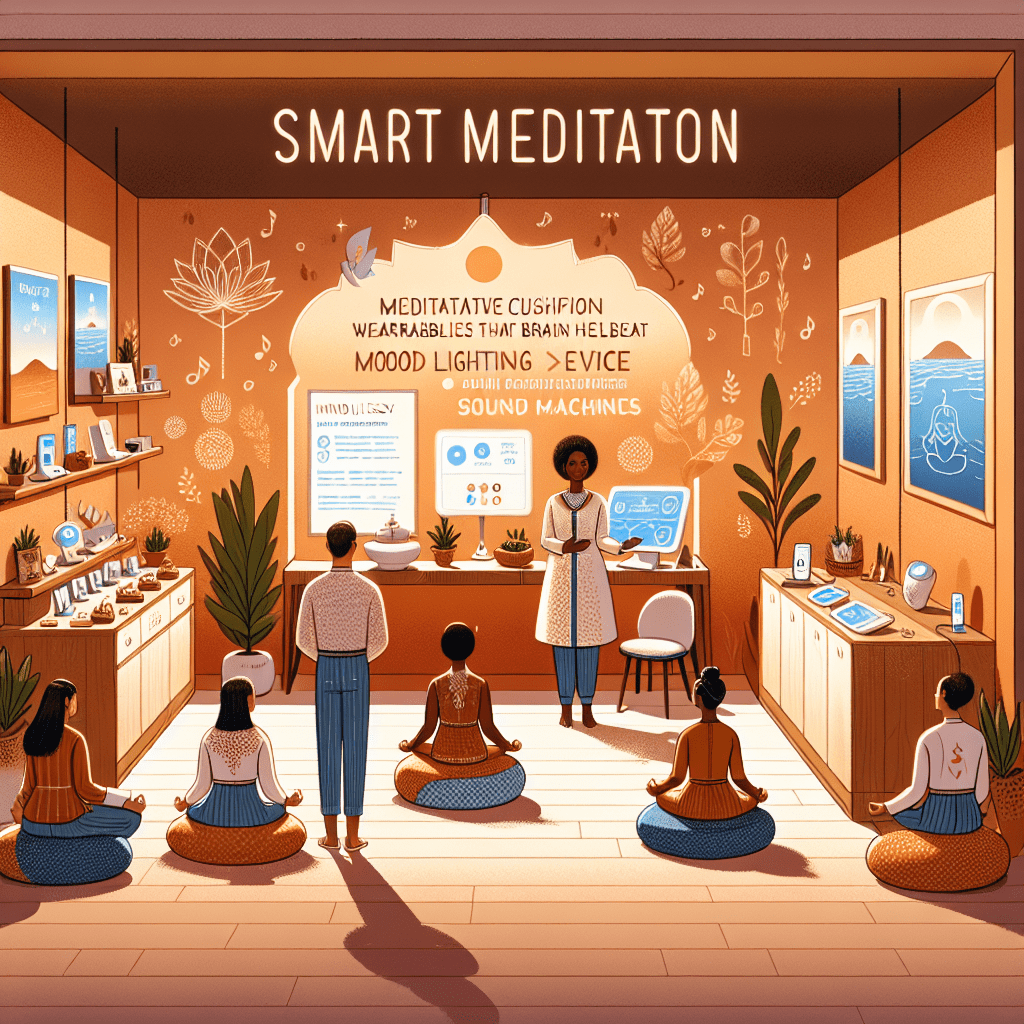
Prioritize your mental well-being daily. Enhance your life by nurturing your mental health with the Smart Meditation app. Break free from stress, alleviate anxiety, and enhance your sleep quality starting today.
Is Anxiety Considered A Mental Illness?
Understanding Anxiety: More Than Just Butterflies in Your Stomach
Anxiety is a part of the human condition, an evolutionary response that has kept us alive for millennia. However, when our fight-or-flight response is in overdrive, it’s like having a broken alarm system that screams “fire” when there’s only a whiff of smoke. So, is anxiety in this amplified form considered a mental illness? Let’s dive into the depths of this question, sorting fact from fiction, and shed some light on this often misunderstood condition.
The Fine Line Between Normal Anxiety and Disorder
At the outset, it’s crucial to distinguish between occasional anxiety, which is a typical life experience, and anxiety disorders, which are a different kettle of fish. Feeling anxious before a major event or during a particularly stressful period does not necessarily mean one has a mental illness. It’s when this feeling doesn’t pack its bags and leave, even when there’s no apparent reason for it to stay, that one might be dealing with something more serious.
Anxiety Disorders: Recognizing the Unwelcome Guest
Anxiety disorders are the most common form of emotional disorder and can affect anyone at any age. According to the American Psychiatric Association, anxiety disorders are characterized by a variety of symptoms, including, but not limited to, excessive worrying, sleep disturbances, and physical symptoms like heart palpitations and dizziness. In simpler terms, it’s like your brain is constantly in a state of red alert, making it hard to focus on anything else.
Types of Anxiety Disorders
There’s a whole spectrum of anxiety disorders, each with its own unique features. Here’s a quick rundown:
- Generalized Anxiety Disorder (GAD): Picture someone who worries excessively about everyday problems—big or small—to the point where it’s debilitating.
- Panic Disorder: This involves sudden, intense episodes of fear that trigger severe physical reactions, seemingly out of the blue.
- Social Anxiety Disorder: Ever felt overwhelmingly nervous about social interactions? Imagine that feeling magnified by a hundred.
- Phobias: These are intense fears triggered by specific situations or objects, ranging from heights (acrophobia) to spiders (arachnophobia).
So, to circle back to our main query: Yes, when anxiety escalates to the level of these disorders, it is considered a mental illness. But here’s the kicker—acknowledging it as such isn’t a label meant to stigmatize; rather, it’s a step toward understanding, managing, and eventually overcoming it.
Navigating the Path to Tranquility
The silver lining in the cloud of anxiety disorders is that they are highly treatable. A blend of therapy, medication, and lifestyle changes can do wonders. Cognitive Behavioral Therapy (CBT), in particular, is the gold standard of treatment, helping individuals to identify and challenge their fearful thoughts.
Moreover, engaging in regular physical activity, maintaining a balanced diet, and practicing mindfulness can also play a pivotal role in managing anxiety. It’s essentially about finding the right combination that works for you, and sometimes, it’s as much about the journey as the destination.
Let’s Talk: Breaking the Silence
Herein lies the rub: Despite their prevalence, anxiety disorders often go unrecognized and untreated. This is partly because of the stigma attached to mental illness and partly because people tend to downplay their anxiety as just a phase or simply a part of their personality.
It’s high time we busted these myths and started a candid conversation about mental health. So, if you or someone you know is perpetually in the grips of anxiety, it’s okay to ask for help. Remember, it takes courage to face one’s demons, and seeking help is the first step on the road to recovery.
To wrap up, yes, anxiety can morph into a mental illness when it overstays its welcome and insists on running the show. But with the right support and interventions, it’s possible to dial down the volume on anxiety and reclaim the driver’s seat of your life.🌈





